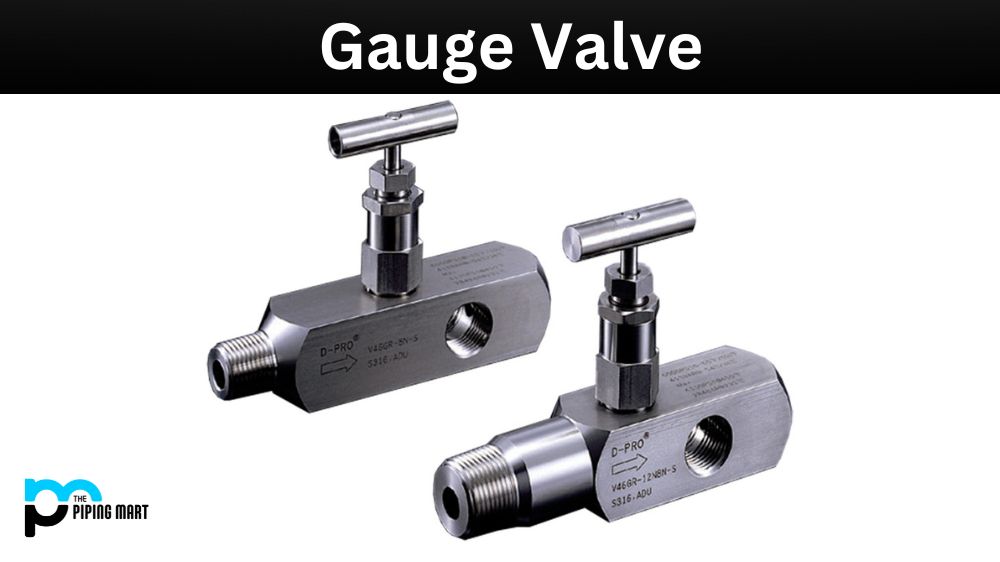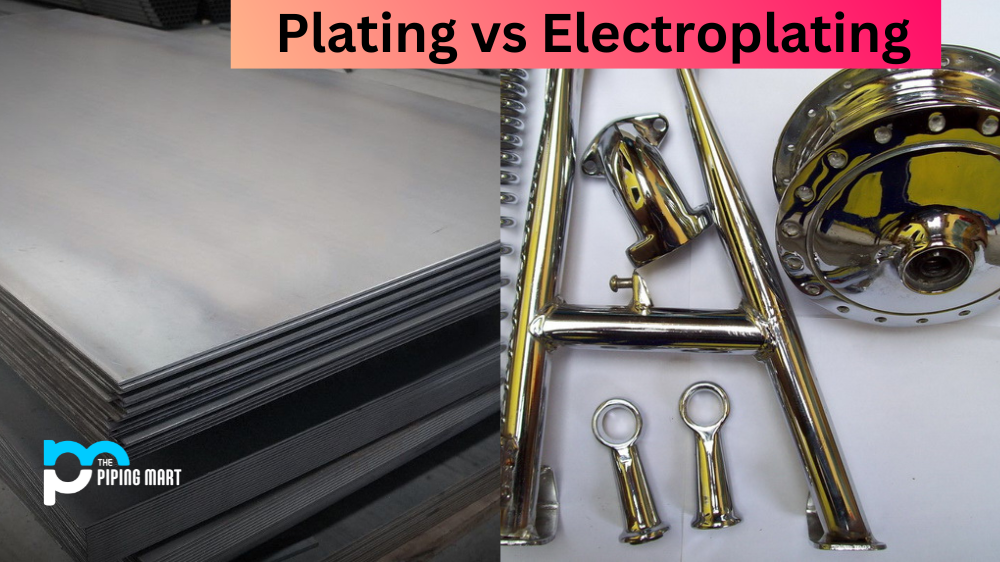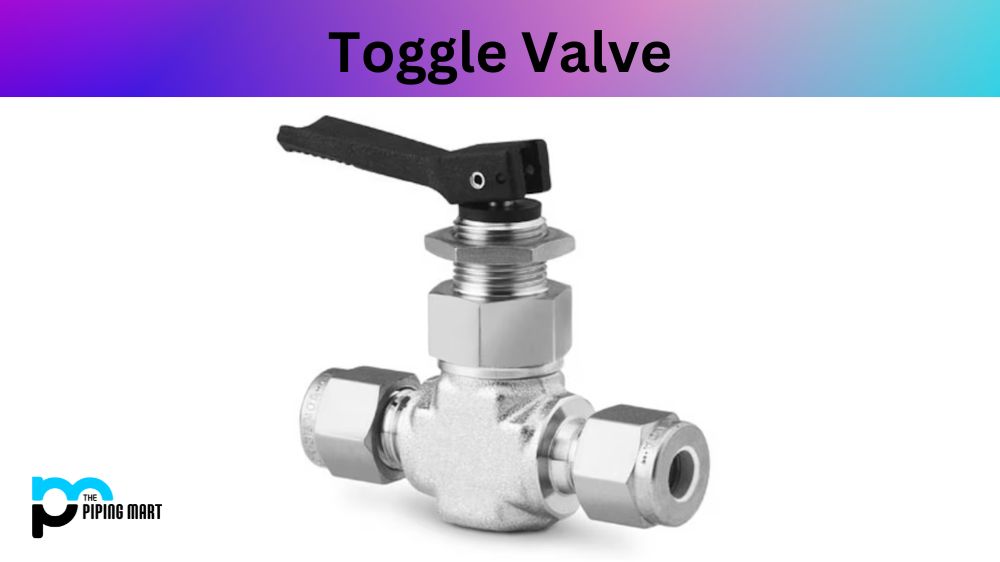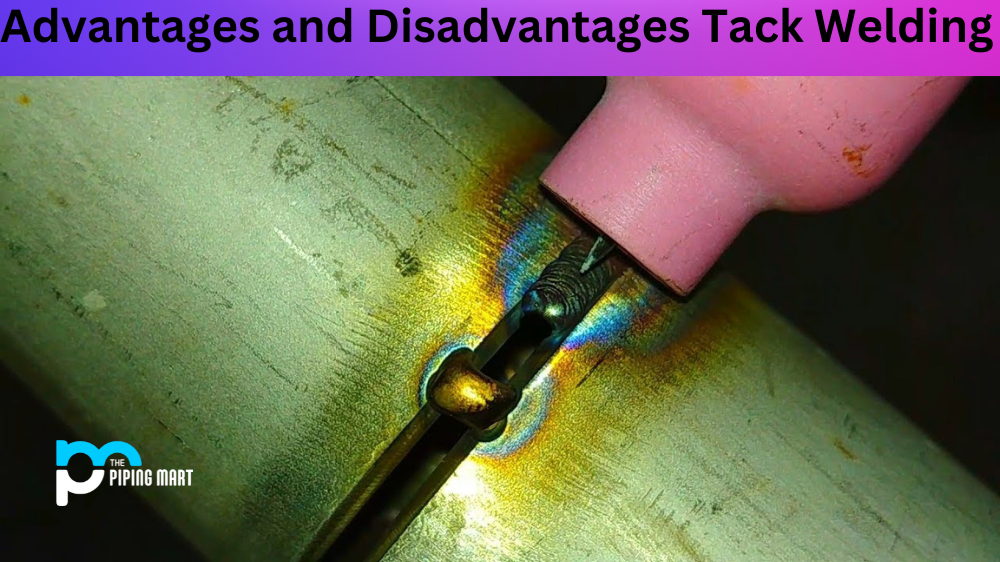Gauge valves are fundamental components in the instrumentation, measurement, and control of industrial processes. Gauge valves are cost-effective components that enable operators to measure and regulate pressure levels within a system. Within a particular system, gauge valves can be either an excellent addition or a liability. Therefore, before investing in gauge valves, it is essential to understand their advantages and disadvantages. This blog post will provide an in-depth analysis of the advantages and disadvantages of gauge valves.
Advantages of Gauge Valves
Easy to Install – One of the clear benefits of gauge valves is that they are typically easy to install. Additionally, gauge valves have a simple design that allows operators to quickly connect and disconnect them from the system. This feature makes gauge valves particularly useful when carrying out repair work.
Precise and Accurate Measurements – Another significant advantage of gauge valves is their consistent and precise measurements. Gauge valves are equipped with an internal diaphragm mechanism that measures the pressure of a given system accurately. This feature enables operators to ensure the system pressure is stable and meets the required specifications.
Cost-Effective – Gauge valves are cost-effective and can be an excellent option for businesses looking to save money without compromising the quality of the components. Gauge valves are relatively inexpensive, making them a more feasible option than other pressure control components.
Disadvantages of Gauge Valves
Not Suitable for High-Pressure Systems – While gauge valves are ideal for low-pressure systems, they may need to be compatible with high-pressure systems. Installing gauge valves may lead to the overloading of the components, leading to system damage.
Can be impacted by vibrations – The working environment in some industries involves harsh conditions where heavy machinery, pumps, and other vibration-causing equipment are present. The vibrations can affect the diaphragm mechanism in gauge valves, leading to incorrect measurements.
Limited Resistance to Corrosion – Most gauge valves are made of stainless steel, which offers limited corrosion resistance. Over time, the corrosive substances within some systems can damage the gauge valves, leading to leaks and failures.
Proper use and maintenance
To maximize the advantages of gauge valves, one needs to follow strict guidelines during installation, use, and maintenance. Proper care and maintenance of gauge valves will go a long way in preventing failures and ensuring that the system operates optimally.
Conclusion:
In conclusion, gauge valves bring significant advantages and limitations to any system used in industrial, commercial, or other operations. Before investing in gauge valves, it is crucial to consider the above pros and limitations adequately. In addition, proper planning, installation, and maintenance of gauge valves are essential to ensure the proper functioning of the system and avoidance of damage or failures. When used correctly, gauge valves can help operators measure and regulate pressure levels in the system, ensuring stability and efficiency in the operations.
Sakshee is a talented blogger, with a particular focus on the Business and Metal Industry. She is passionate about sharing her insights on various metal products and helping professionals to make a better decisions.




